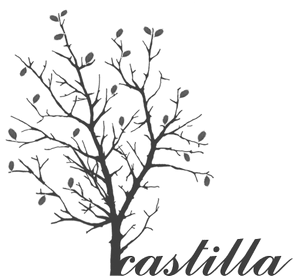A Rebel in the Labyrinth of Solitude: the Reception of Camus’ Ideology by Octavio Paz
Abstract
Starting from on the contacts Octavio Paz (1914-1998) established with Albert Camus and the philosophical tendency of existentialism in the Paris of the forties, we propose a different approach to his depiction of the pachuco in The Labyrinth of Solitude (1950). We hypothesize that Paz’ perspective should not be interpreted as an autonomous and realistic description but rather as a constituent part of a broader textual unity that can only be understood in its proper philosophical context. We interpret the description of the pachuco as an example of the impact that French existentialism had on Paz’ production at that time. Deepening this insight, we reinterpret the portrayal as a reappraisal of the pachuco as a symbol of how a subversive attitude of rebellion can provide a basis to construct a new Mexican identiy.
Downloads
Downloads
Published
Issue
Section
License
The articles published at Castilla. Estudios de Literatura will have a Creative Commons Attribution 4.0 International License (CC BY 4.0).
The authors continue as owners of their works, and can republish their articles in another medium without having to request authorization, as long as they indicate that the work was originally published in Castilla. Estudios de Literatura.



